Expanding the “bio” in biogeochemical modeling: including voles in arctic climate models
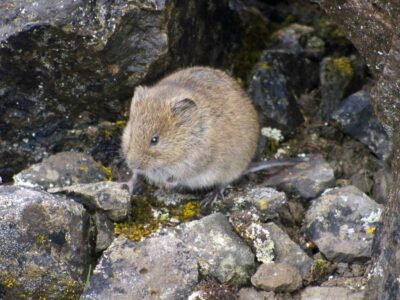
Explicit representation of voles improves models of the impacts of climate change on Arctic ecosystem function

Explicit representation of voles improves models of the impacts of climate change on Arctic ecosystem function
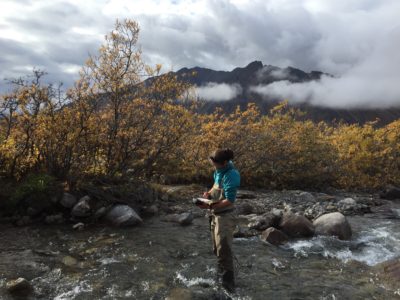
Climate change is hitting Arctic ecosystems hard – permafrost is rapidly thawing, releasing previously-frozen organic matter into the surrounding environment. Knowing not only how, but when, dissolved organic matter (DOM) and other nutrient concentrations are changing is important for predicting effects of climate change, but the picture is currently incomplete. A new paper from Arctic… Read more »
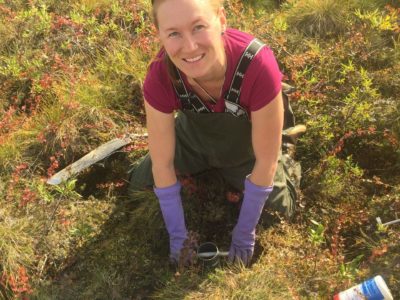
By Haley Dunleavy It’s a beautiful August day in the Arctic. The sun, now finally rising and setting after months of circling the sky, warms my face; neon yellows, pinks, reds, and greens of fall foliage speckle across the tundra, and most importantly, the previously incessant mosquitos have died off. I’m standing on a single-planked… Read more »
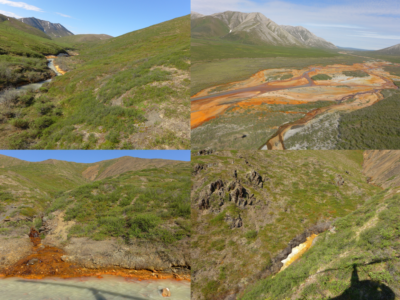
Adrianne Trusiak takes us through sampling to decipher the carbon cycle at Toolik Lake, home of the Arctic LTER.
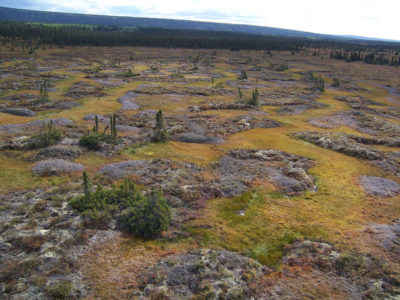
Climate change is already impacting polar habitats such as the Arctic tundra, where increasing temperatures are causing permafrost to thaw and exposing soil and organic matter that have been buried for thousands of years. Many scientists predicted that this soil, once exposed, would release a massive amount of sequestered carbon into the atmosphere, contributing to… Read more »
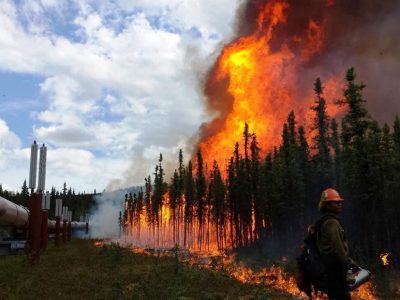
Talk Description: About 30% of global carbon stocks reside in the vegetation and deep, carbon-rich soils of Arctic tundra and boreal forest biomes. Wildfires—which are becoming more frequent with warmer and drier weather in the Arctic—have the potential to either stabilize or accelerate regional and global warming through carbon feedbacks. By comparing the impact of… Read more »
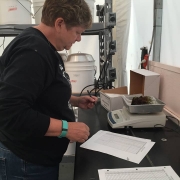
Ask any teacher to identify their students’ favorite question. The answer is universal: “Why do I need to learn this?” The Research Experience for Teachers (RET) Program, funded through NSF and LTER, seeks to give teachers the tools to answer this question in ways that excite and engage their students.